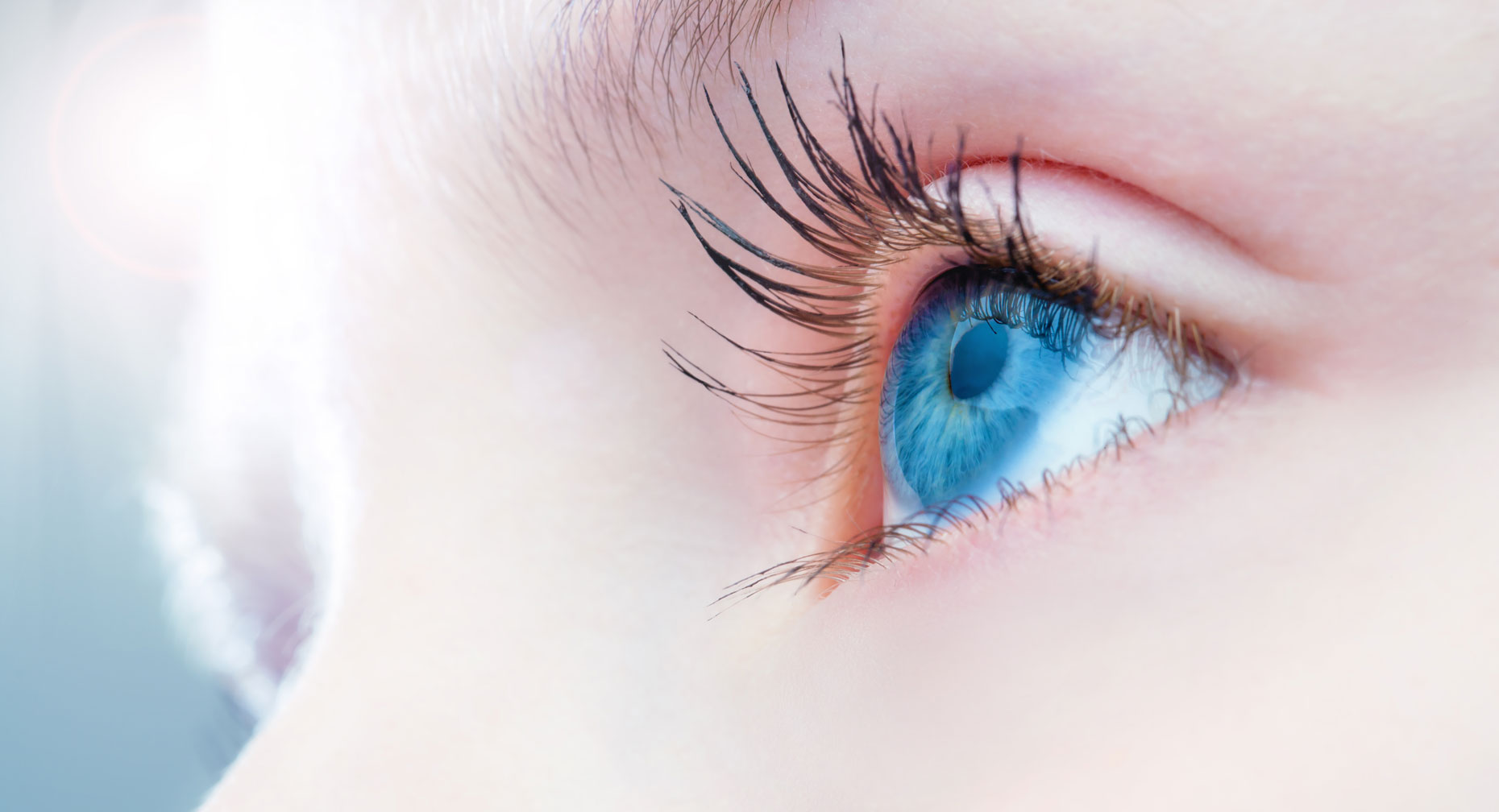Sight-Saving Tips for Those Baby Blues

Find Your Perfect Match
Answer a few questions and we'll provide you with a list of primary care providers that best fit your needs.
The next time you opt for a spinach salad instead of a burger — or a brisk walk instead of a date with your couch — your eyes will thank you. Simple choices you make every day can have a long-term impact on your vision.
Good nutrition, an active lifestyle and adequate sleep help keep your body moving and your eyes in focus.
How Nutrition, Exercise and Sleep Affect Eye Health
What’s good for your body is also good for your eyes. Good nutrition, an active lifestyle and adequate sleep help keep your body moving and your eyes in focus. Try these tips for healthy eyes:
- Eat a diet rich in fruits and vegetables, especially dark leafy greens, as well as high in omega-3 fatty acids (salmon, tuna and halibut). Research has shown these foods can reduce the risk of age-related macular degeneration.
- Keep a watch on vitamin deficiencies, which can impair retinal function.
- Avoid poor food choices that contribute to weight gain, which can put you at higher risk for diabetes and other systemic conditions that can lead to vision loss.
- Exercise regularly for good blood circulation and oxygen intake, which your eyes need. Regular exercise also helps reduce the risk of diabetes, which can affect your eyes.
- Get your shut-eye. Sleep offers continuous lubrication to your eyes and helps clear out irritants such as dust, allergens or smoke.
How to Protect Your Peepers

Are you wearing the right sunglasses? Do you use protective eye wear? Do the following to keep your eyes free from harm.
- Wear sunglasses, even on cloudy days, that block 99 to 100 percent of both ultraviolet A and B radiation. UV-blocking sunglasses delay the development of cataracts and help prevent retinal damage as well as cancerous and non-cancerous growths on the eye.
- Use protective eye wear when playing sports, operating power tools or performing tasks that may put your eyes at risk, such as home projects, cleaning and gardening.
- Protect eyes with wrap-around sunglasses to avoid smoky, arid, dusty or windy conditions.
- Follow the 20-20-20 rule to prevent eye fatigue if you spend long periods at a computer or you do a lot of close-up work. Look away from your work every 20 minutes at an object 20 feet away for 20 seconds.
- Don’t smoke. Smoking has been linked to eye issues that can lead to blindness, especially age-related macular degeneration.
- Always follow instructions for contact wear. Misuse can result in corneal ulcers, pain and even vision loss.
When to Seek Help
While your daily decisions will go a long way in keeping your eyes healthy, eye disease can still strike.
By age 65, one in three Americans will have a vision-impairing eye disease, according to the American Academy of Ophthalmology. It recommends a baseline eye disease screening at age 40 even if there’s no family history of eye disease or other risk factors.
Ophthalmologists, optometrists and opticians all play an important role in providing eye care. However, each has a different level of training and expertise. Ophthalmologists are specially trained to provide the full spectrum of eye care, including eye surgery.
Be sure to keep your eye care professional updated on your health and use of medications and nutritional supplements, as well as your exercise, eating, sleeping and other lifestyle choices.
Always take note of any concerning symptoms or changes in your eyes and know when to seek medical care. Sometimes, small changes can be an indication of a larger problem.
Find Your Perfect Match
Answer a few questions and we'll provide you with a list of primary care providers that best fit your needs.
Source: National Eye Institute; American Academy of Ophthalmology




